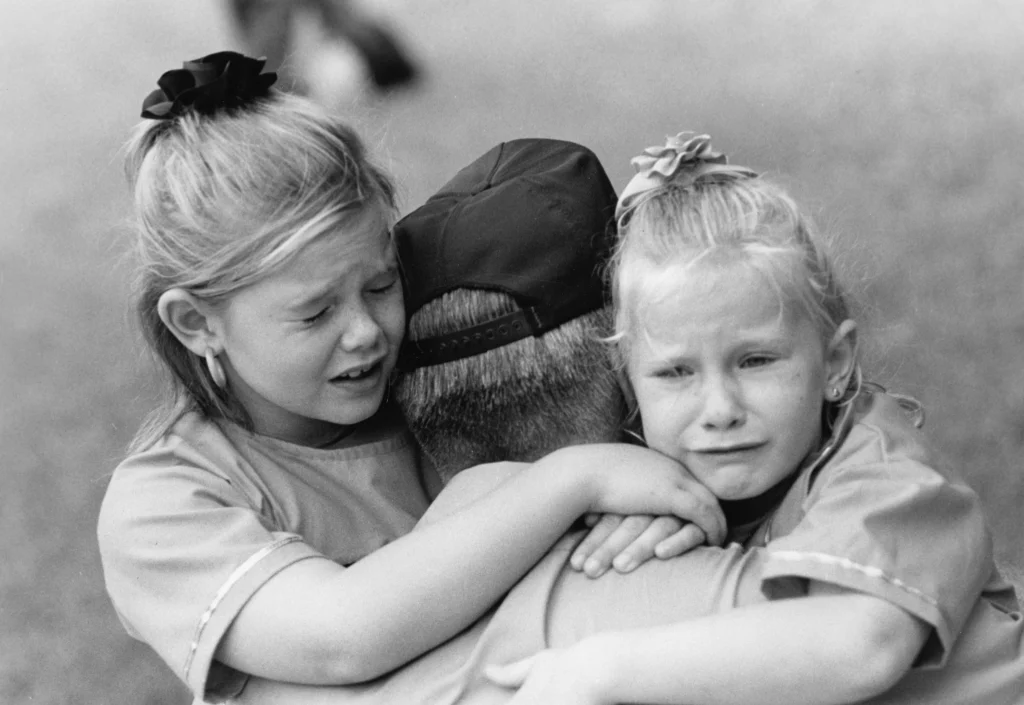
Bullying is one of the most common and distressing challenges children face today. Whether at school, online, or in social settings, bullying can profoundly affect a child’s emotional well-being, self-esteem, and overall development. Child therapy provides a safe, supportive environment for healing, skill-building, and resilience, helping children navigate these challenges effectively.
The Impact of Bullying on Children
Bullying can take many forms, and each type affects children differently.
Types of Bullying
-
Physical bullying: Hitting, pushing, or other forms of aggression
-
Verbal bullying: Name-calling, teasing, or insulting
-
Social bullying: Exclusion, spreading rumors, or public humiliation
-
Cyberbullying: Harassment via social media, texts, or online games
Consequences of Bullying
Children who experience bullying may suffer from:
-
Anxiety or fear of attending school
-
Depression or persistent sadness
-
Social withdrawal or difficulty trusting peers
-
Declining academic performance
-
Sleep disturbances and physical symptoms (headaches, stomachaches)
Left unaddressed, these effects can extend into adolescence and adulthood, impacting mental health, relationships, and self-confidence.
How Child Therapy Helps Children Cope
Therapy provides children with tools, guidance, and a safe space to process their experiences.
Emotional Expression and Validation
Therapists help children express feelings like anger, sadness, or fear safely. Validating emotions reduces shame and empowers children to cope effectively.
Building Self-Esteem and Confidence
Therapy focuses on children’s strengths and accomplishments. Activities and skill-building exercises help rebuild confidence and self-worth.
Developing Social Skills
Children learn communication, assertiveness, and conflict resolution skills. They are guided on how to respond to bullying, assert boundaries, and seek help when needed.
Coping with Anxiety and Stress
Experiencing bullying can trigger anxiety, fear, or panic. Therapy equips children with coping strategies, including:
-
Deep breathing exercises
-
Mindfulness techniques
-
Journaling
-
Relaxation methods
Family Involvement and Support
Parents are included in sessions to reinforce coping skills at home. They learn strategies to recognize bullying, provide emotional support, and create a nurturing environment.
Signs Your Child May Be Experiencing Bullying
Parents and caregivers should watch for warning signs, including:
-
Frequent headaches, stomachaches, or complaints of illness
-
Reluctance to go to school or participate in social activities
-
Sudden changes in mood, behavior, or academic performance
-
Withdrawal from friends, family, or favorite activities
-
Expressing fear, sadness, or low self-worth
Early intervention is crucial. Children who receive support quickly are more likely to recover and develop resilience.
Strategies Parents Can Use at Home
In addition to therapy, parents can take proactive steps to support their child:
Listen Without Judgment
Allow your child to share experiences openly without minimizing their feelings.
Validate Their Emotions
Acknowledge that your child’s feelings are real and understandable.
Encourage Social Support
Help your child maintain positive friendships and participate in activities that boost confidence.
Communicate with School Staff
Collaborate with teachers, counselors, and administrators to address bullying effectively.
Model Positive Behavior
Demonstrate empathy, assertiveness, and healthy conflict resolution in your own interactions.
Mindful Health’s Approach to Helping Children Overcome Bullying
Mindful Health provides professional support to help children heal and thrive:
Individual Counseling
Personalized sessions focusing on emotional expression, coping strategies, and resilience building.
Family Therapy
Guidance for parents to support their child effectively.
Skill-Building Programs
Social skills, assertiveness, and confidence-building exercises.
Safe and Supportive Environment
A welcoming space where children feel heard, understood, and empowered.
The Long-Term Benefits of Therapy for Children Experiencing Bullying
Therapy equips children with lifelong skills, including:
-
Enhanced emotional intelligence and self-awareness
-
Improved social and communication skills
-
Greater resilience and problem-solving abilities
-
Stronger parent-child and peer relationships
-
Reduced anxiety and depressive symptoms
Early intervention ensures children recover and thrive, building confidence to face future challenges with strength and optimism.
Conclusion
Bullying can leave deep emotional scars, but children do not have to face it alone. Child therapy helps children process experiences, develop coping strategies, and rebuild self-esteem. Parents play a vital role in reinforcing therapy at home and creating a safe, nurturing environment.
At Mindful Health, compassionate therapists guide children through personalized therapy, skill-building exercises, and family support, helping them regain confidence, strengthen social skills, and flourish emotionally.
If your child is struggling with bullying, seek professional support today. Therapy can be the bridge between fear and empowerment, helping your child thrive socially and emotionally.


